Raeisi calls on SCO to confront US unilateralism through new approaches
Iranian President Ebrahim Raeisi has called on the Shanghai Cooperation Organization (SCO) member states to adopt new approaches so as to confront the United States’ unilateralism.
Speaking at the 22nd meeting of the council of heads of the SCO member states in Samarkand on Friday, Raeisi said that the US administration seeks to impose its intentions and internal laws on the international system and independent states.
“There is no doubt that the US is after blocking these countries on their path to development,” he said.
He called on the Shanghai Cooperation Organization to “adopt special measures to confront the United States’ unilateralism and cruel sanctions.”
One of the solutions, he continued, is forming sustainable trade between the SCO member states which requires joint development of infrastructure in the areas such as financial transactions.
‘Transport sector in need of increased cooperation’
Raeisi described transport and energy security as two other key areas for the SCO. Referring to the lack of sufficient infrastructure in the transit sector among member states, he said Iran had given a special priority to the development of the North-South corridor, investing heavily in the project.
“In addition, the China-Central Asia-West Asia-Mediterranean Sea Corridor, which has high potential, is currently described as an important part of the solution for the development of trade between East and West Eurasia. With the cooperation of the members of the Shanghai Cooperation Organization, it is possible to provide the necessary grounds for the implementation of this corridor and for the members to benefit from its advantages,” he added.
A sustainable transit requires multilateral cooperation between member states in developing needed infrastructure, he said, adding that Iran is ready to offer its transit network and the capacities of its ports in the Caspian Sea, Sea of Oman, and the Persian Gulf to boost the transit sector of the SCO.
Iran ready to solve SCO members’ energy concerns: Raeisi
Touching upon the issue of energy security and cooperation among members, Raeisi noted that owners of the world’s largest energy reserves as well as major energy-consuming countries are present in the SCO while other member states enjoy great potential for energy transit. “This combination is prone to the formation of diverse and effective cooperation in the field of energy.”
Iran, he continued, is ready to play an effective role in order to alleviate the concerns of the members in ensuring the security of energy supply, given its unique capacities, including its proximity to the world’s two largest oil and hydrocarbon fields, oil and gas transportation network and a suitable transit location and expert manpower.
The remarks come as Iran is set to officially join the Shanghai Cooperation Council. The SCO was founded by China, Russia, Uzbekistan, Kazakhstan, Kyrgyzstan, and Tajikistan in 2001. It currently constitutes the world’s biggest regional market with eight official members, and three observer states.
Iran and the organization started a formal process for Tehran’s accession to the bloc in March. Iran’s membership in the body was later approved by the Iranian administration.
US after spreading insecurity in other Asian regions: Iran president
Elsewhere in his address, Raeisi said that Washington seeks to spread insecurity to other Asian regions.
“Our region has experienced the bitter taste of foreign intervention in the past decades, whose result was nothing by the creation of terrorism and expansion of insecurity,” he said.
Calling the current situation in Afghanistan one of the ramifications of the US-led foreign intervention, Raeisi said, “America did not draw lessons from its defeat in Afghanistan, rather, it is expanding the policy of insecurity and intervention to other Asian regions.”
The pattern of modern security in Asia should be based on joint development and deepening of multilateralism without the intervention of foreign power, added Raeisi.
Raeisi warns against following NATO policies
The Iranian president noted that pursuing policies of NATO “poses threat to different regions,” pointing to what has happened in Syria and Afghanistan as its examples.
Furthermore, he referred to recent clashes between Azerbaijan and Armenia, noting that security in the Caucasus region is very important for Tehran.
“We have always emphasized respecting territorial integrity, national sovereignty and rejecting any change in the recognized borders between the Republic of Azerbaijan and the Republic of Armenia,” he said, urging the parties to resolve their differences through dialogue based on international law.
As the Islamic Republic of Iran protects its national interests and security and the region, it also declares its readiness to help resolve the disagreements between these two neighboring countries, he added.
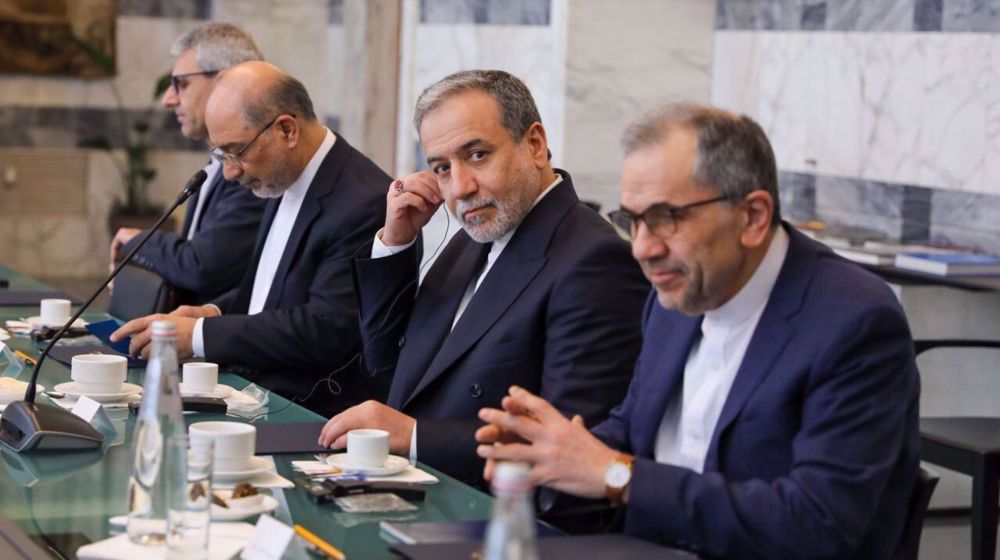
Iran, US conclude third round of indirect talks in Oman
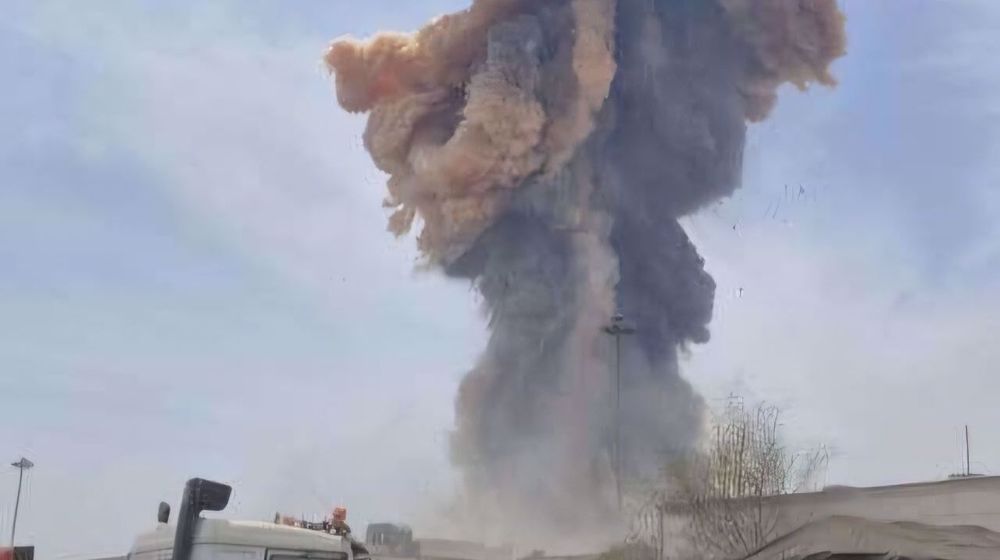
Huge explosion rocks Shahid Rajaee port in southern Iran; over 500 injured
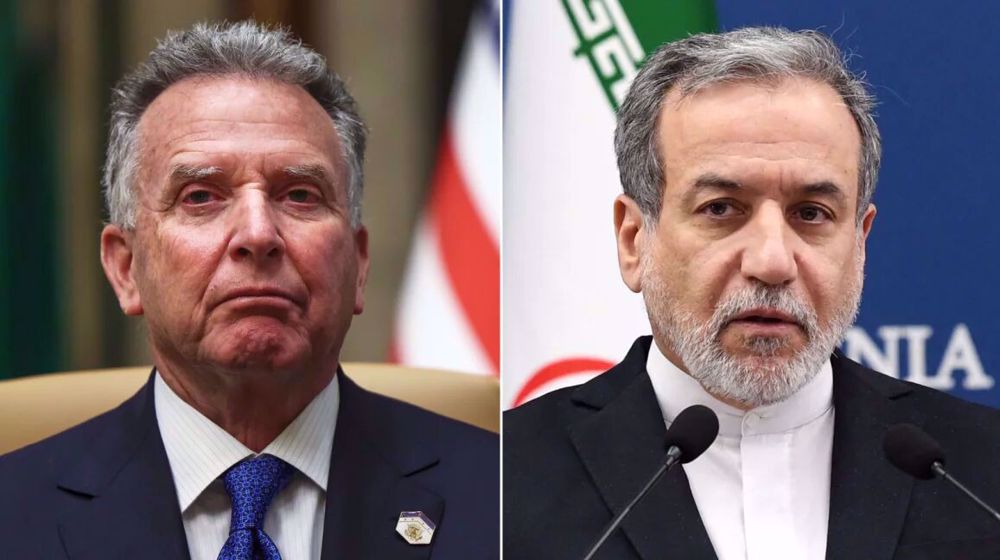
Third round of indirect Iran-US talks kick off in Muscat
Iran, US conclude third round of indirect talks in Oman
The case of Raffi Berg and BBC: Zionist infiltration of the mainstream media
No talks on tariffs between China, US: Chinese Foreign Ministry
Hamas: No partial truce, only comprehensive deal acceptable
Yemeni forces target Israeli Nevatim Airbase in retaliatory missile strike
Pakistan carried out US ‘dirty work’ for 30 years: Defense minister
VIDEO | Huge explosion rocks Shahid Rajaee port in southern Iran; over 500 injured
Pakistan says ready to ‘defend sovereignty’ amid rising tensions with India


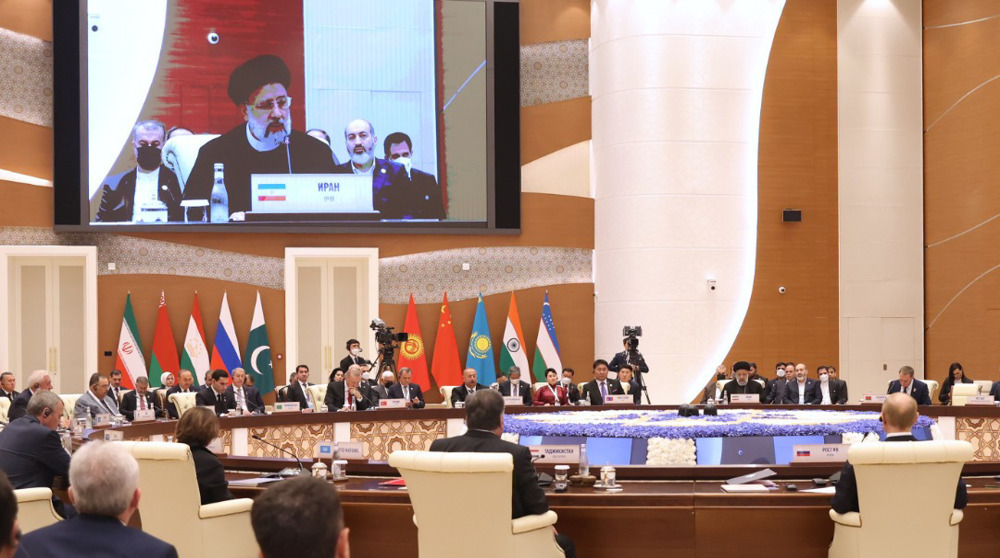
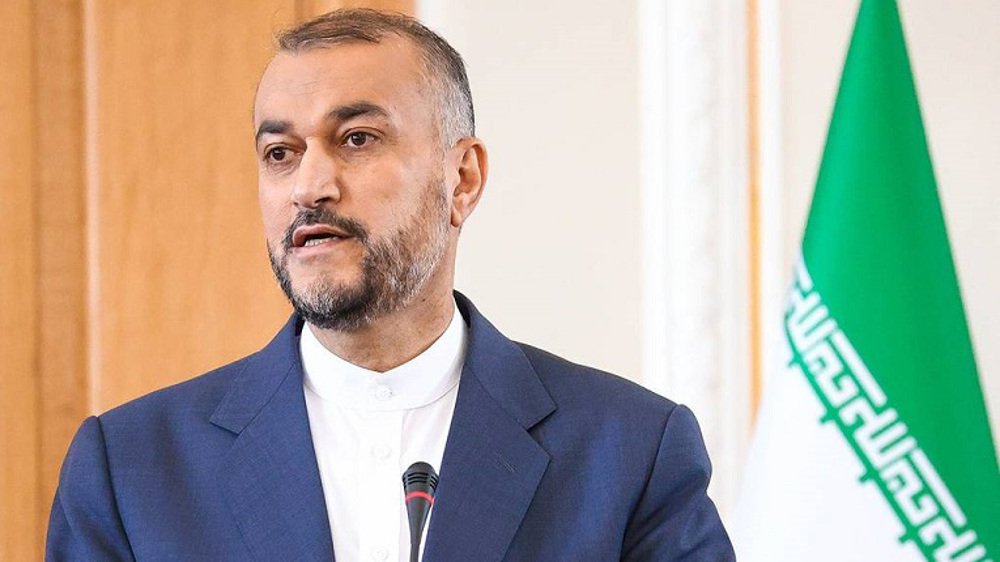



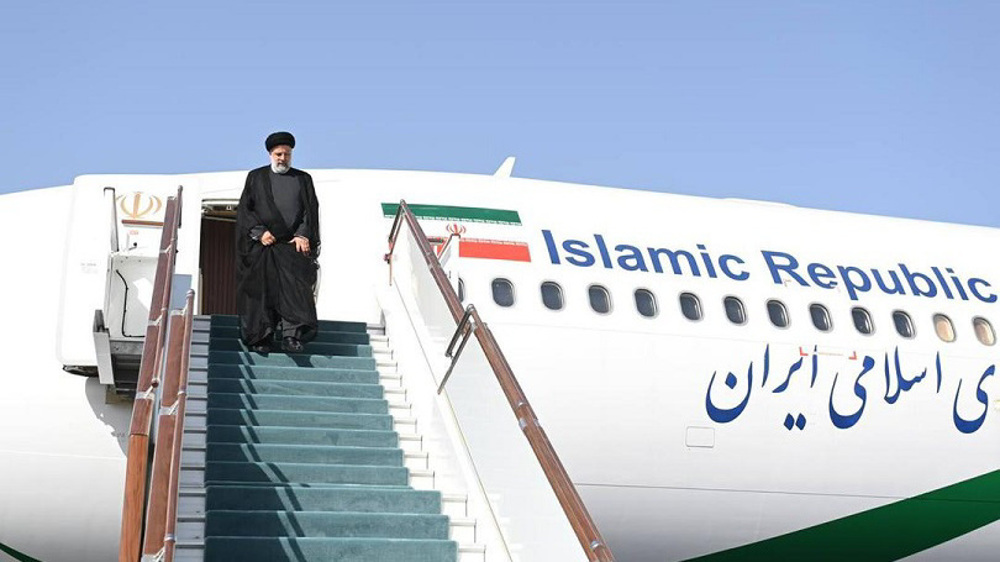
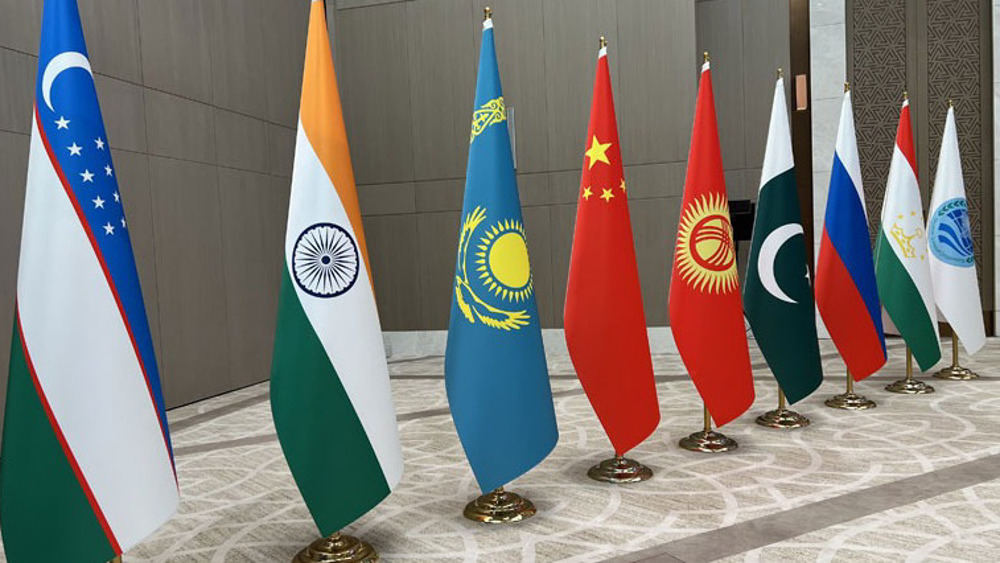
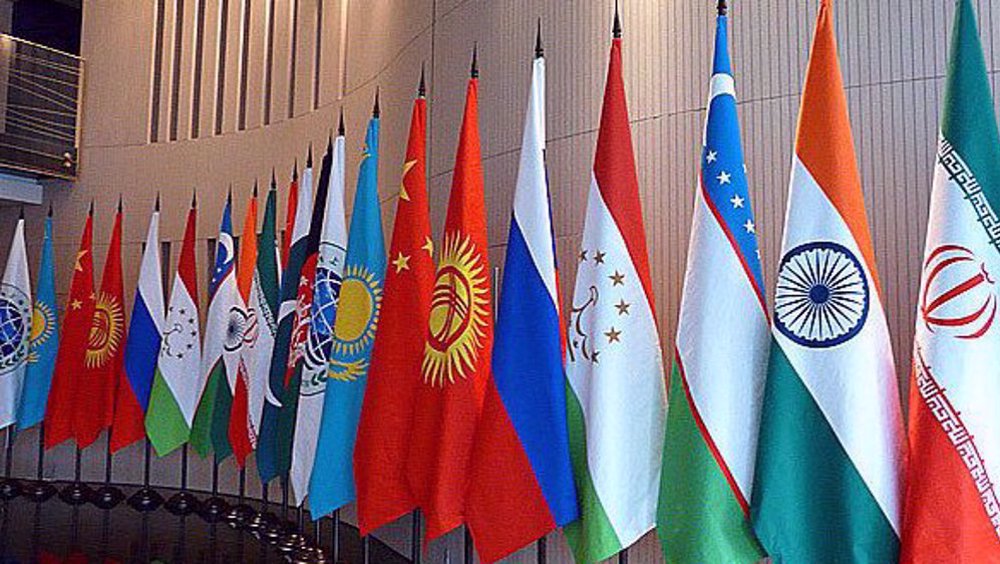

 This makes it easy to access the Press TV website
This makes it easy to access the Press TV website